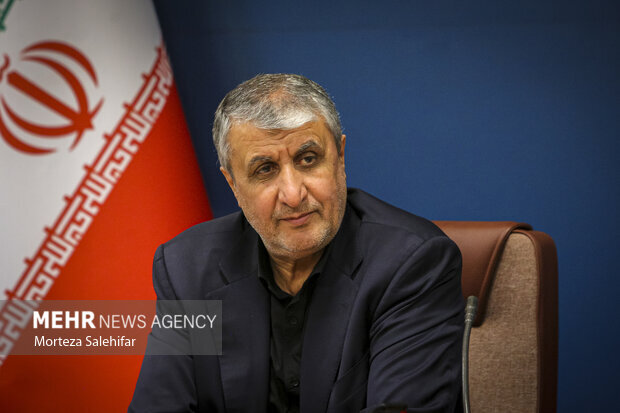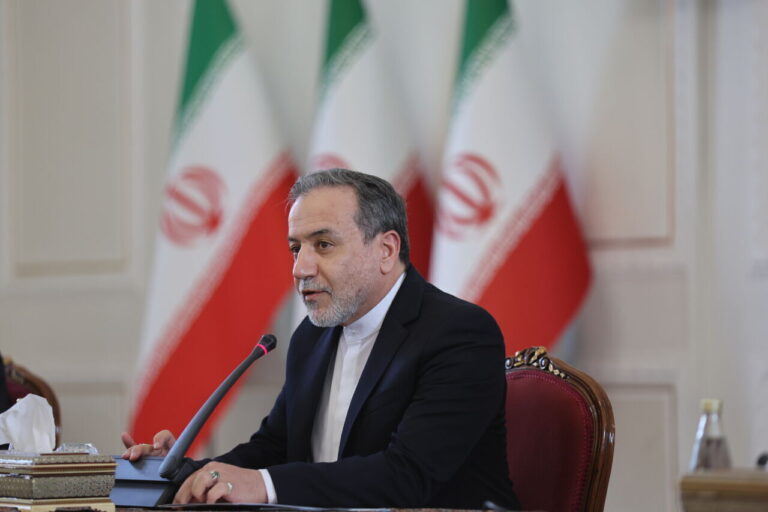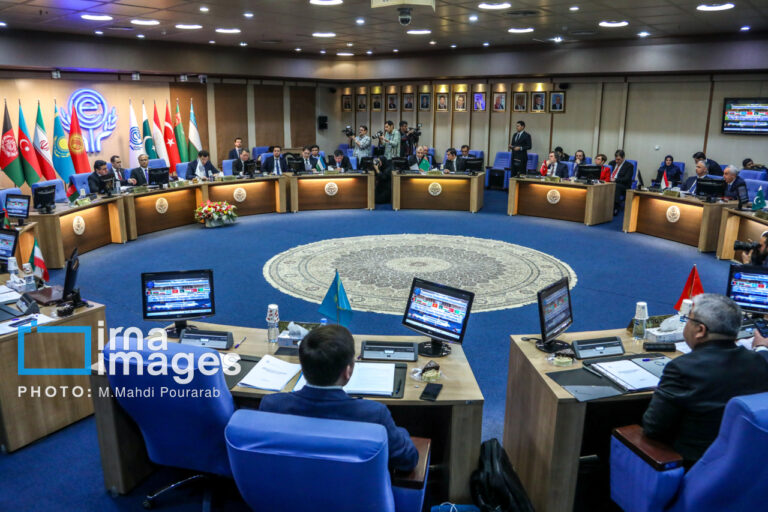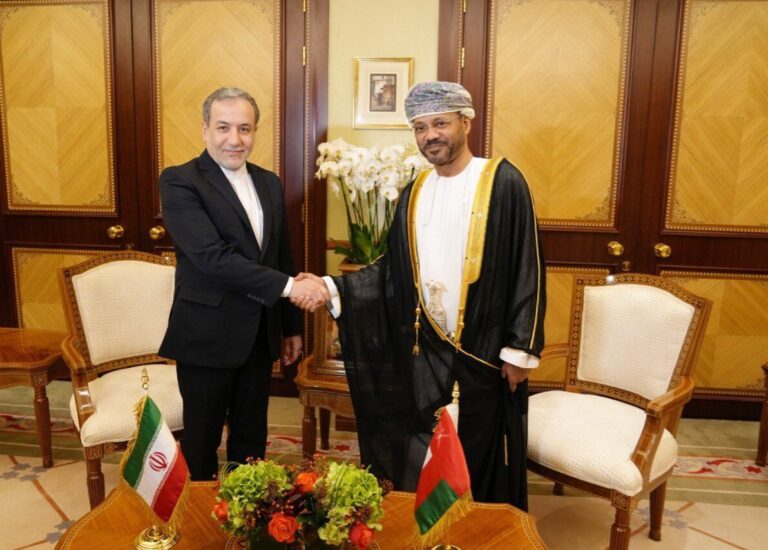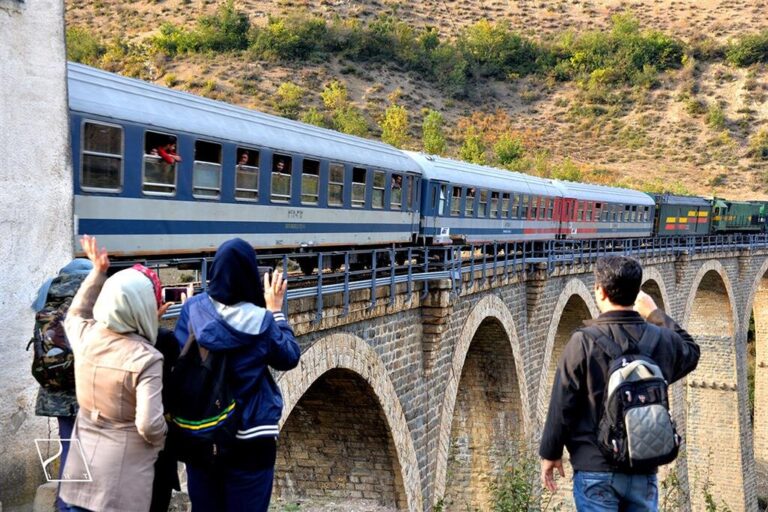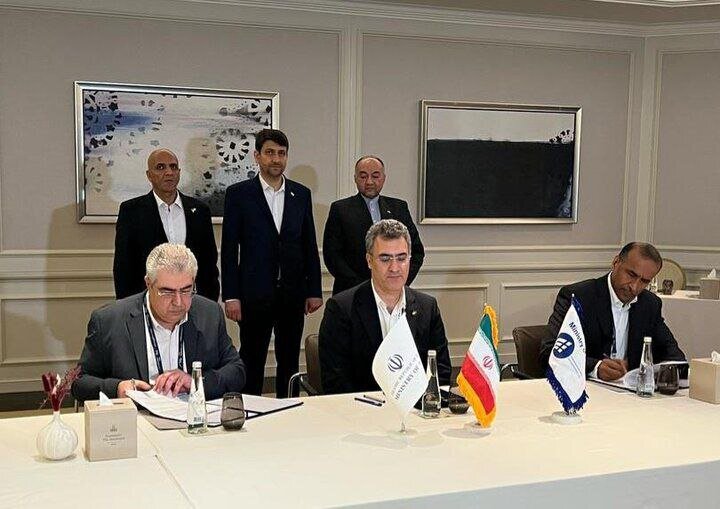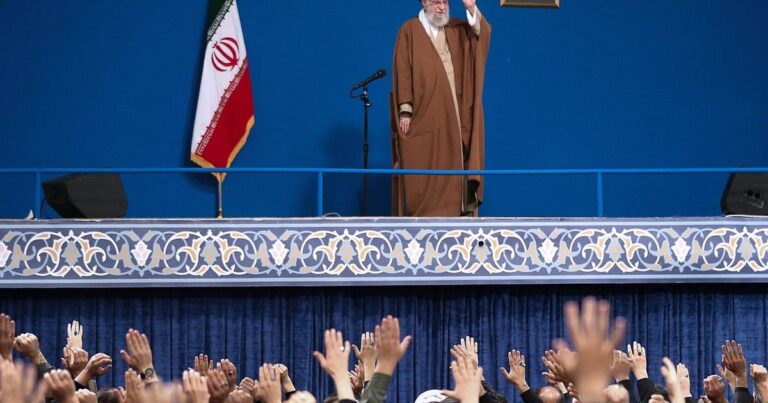Iran’s Nuclear Program: Eslami Declares Full Transparency Amid Global Concerns
In a recent interview, Mohammad Eslami, head of Iran’s Atomic Energy Organization, shed light on the significant advancements in the country’s nuclear industry. His remarks highlight the progress Iran has made in harnessing nuclear technology for peaceful purposes, a topic of great importance in today’s global landscape.
Eslami emphasized that “we have now reached a stage in the nuclear industry where we can exploit this technology.” This statement underscores Iran’s self-reliance in nuclear research and development, breaking free from traditional dependencies. The following key points outline the major themes from Eslami’s interview:
- Technological Independence: Eslami stated that Iran has “broken the monopoly” on nuclear technology and is capable of conducting its own research independently.
- Focus on Benefits: He pointed out that “this technology benefits the people,” indicating that advancements in nuclear technology are aimed at improving the quality of life for Iranians.
- Cost is Not an Obstacle: Eslami remarked that “costs are not an issue in developing the nuclear program,” suggesting that the Iranian government is committed to investing in this critical field.
- Platform for Broader Development: He described nuclear technology as a “platform for development in other sciences,” highlighting its potential to foster innovation across various sectors.
Addressing concerns about the nature of Iran’s nuclear program, Eslami argued that allegations regarding the weapons aspect are merely excuses used by Western nations. He explained that “the required enrichment percentages vary from country to country,” indicating that Iran’s nuclear activities are in line with its national interests and international obligations.
Furthermore, Eslami assured that Iran has accepted inspections to clarify its nuclear program, reinforcing the country’s commitment to transparency. He elaborated on the implications of international sanctions, stating, “For us to get a real picture, let’s take a look at the Davos meeting.” This reference suggests that global forums are pivotal in shaping perceptions and policies related to nuclear technology.
According to Eslami, the discussions at Davos highlighted “new technology” as a critical focus area among developed nations, further emphasizing the competitive landscape of technological advancements. He noted that “the main condition from their point of view is to support the interests of the United States,” which complicates Iran’s pursuit of technological collaboration.
The head of the AEOI pointed out that the International Atomic Energy Agency (IAEA) has a dual responsibility. He stated, “The IAEA statute clearly states that the laws and parliament of the IAEA must be approved within the countries.” This includes two fundamental agreements: the safeguards and the Non-Proliferation Treaty (NPT). Eslami stressed that these laws must be adopted by any nation wishing to engage in nuclear activities.
Moreover, he called for the IAEA to “support all countries’ access to peaceful nuclear technology.” However, Eslami criticized the IAEA’s current practices, asserting that the U.S. Congress has historically imposed restrictions on nuclear development. He stated, “Behind the scenes, the US Congress passed the One Two Three Act in 1955,” which mandates that any country wishing to develop nuclear capabilities must do so under a contract with the U.S.
He further explained that this law acts as a barrier, stating, “if you do not have relations with the US and do not comply, you cannot operate.” This highlights the geopolitical challenges faced by Iran and other nations seeking to advance their nuclear programs independently.
In conclusion, Eslami’s remarks reflect Iran’s determination to continue its nuclear ambitions despite external pressures. He noted that “we are facing a political and security trend that created maximum pressure and was able to create disturbances,” indicating a complex interplay of international relations influencing Iran’s nuclear strategy. As the global dialogue around nuclear technology evolves, Iran’s role and its pursuit of peaceful nuclear advancements remain critical topics for discussion.
